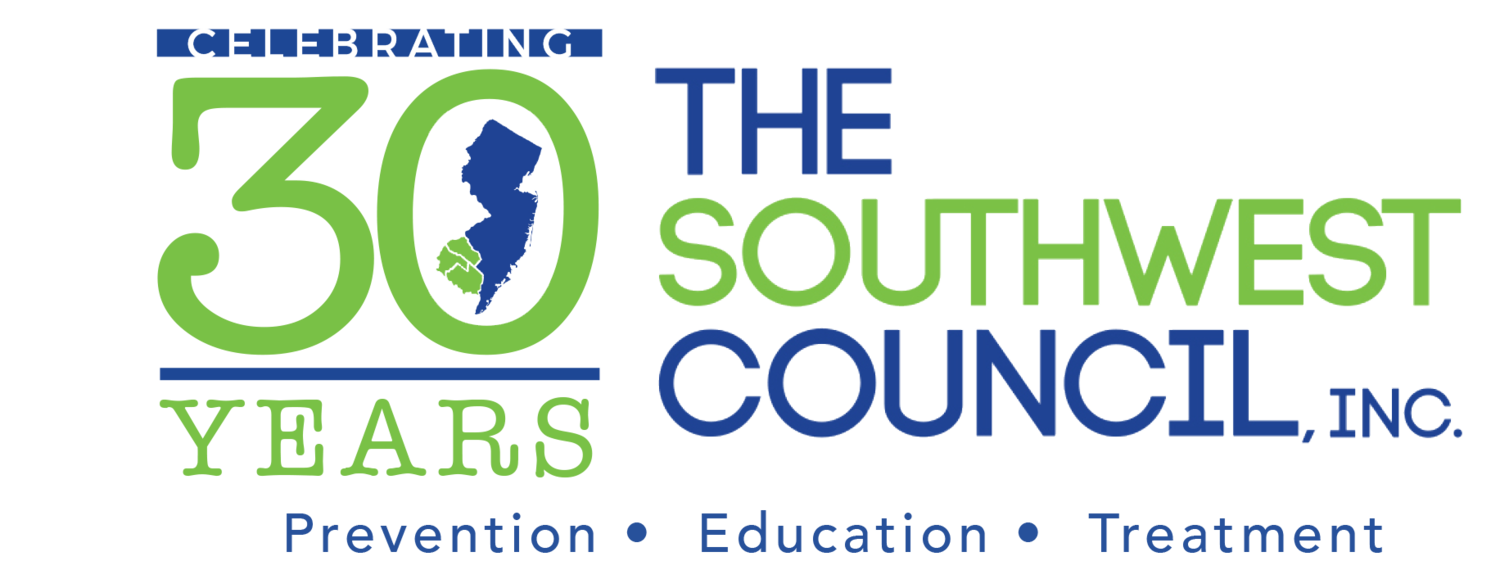By Adrienne Davis
What is the new normal? ‘Normal’ is certainly a relative term, but we have previously known normal to be the average, typical, standard, or expected. While we, as individuals, are not living a singular experience, we have all been required to re-define our version of normal under the exhaustive force that is COVID-19. This pandemic has affected the way we manage family, work, employment, travel, health, and school/education. The impacts have ranged from minor inconveniences to tectonic upheavals in a person’s livelihood. One aspect of society that has been severely altered are those who grapple with addiction.
Addiction is widely known to be a continuous struggle. The DSM-5 categorizes substance use disorder as a disease in which an individual has a compulsive dependency on a drug despite the harmful consequences. Just as our lives were unable to take an intermission in the wake of this pandemic, addiction is not something that would yield at our request. While studies are still being done on the short-term and long-term effects of COVID-19, educated guesses are still being made that it will have a negative impact on those struggling with addiction. “…People with compromised health due to smoking or vaping and people with opioid, methamphetamine, cannabis, and other substance use disorders could find themselves at increased risk of COVID-19 and its more serious complications—for multiple physiological and social/environmental reasons.” People in recovery from addiction may have added barriers such as not being able to access medications that aid them in their recovery. They could also be experiencing stress and difficulty coping during this time.
What can be done? Prevention before and during coronavirus should be an ongoing conversation. While we are utilizing many of the same elements of prevention, the tools needed for community members to access services has had to adapt. Prevention and treatment services, in many cases, have changed to an online platform in order to meet health safety needs and guidelines. Programs ranging from evidence-based school curriculum to recovery programs such as Alcoholics Anonymous (AA) have become virtual. While it may not have the same feel of face-to-face interaction, keeping in contact with these services is vital. The Southwest Council is on the case. The services we provide involve so much of the community. We collaborate with schools to implement evidence based curriculum, form coalitions with community leaders, and provide treatment services for those individuals struggling with addiction.
The Southwest Council youth groups like Incorruptible.us and initiatives formed by Partnership for Success are exemplary models of the prevention goals that we continue to strive for during this time. Throughout this hectic time, Southwest Council hopes to be a continuous resource for our community. To utilize our services, or if you have questions, you can call 856-794-1011 or https://www.southwestcouncil.org/.






